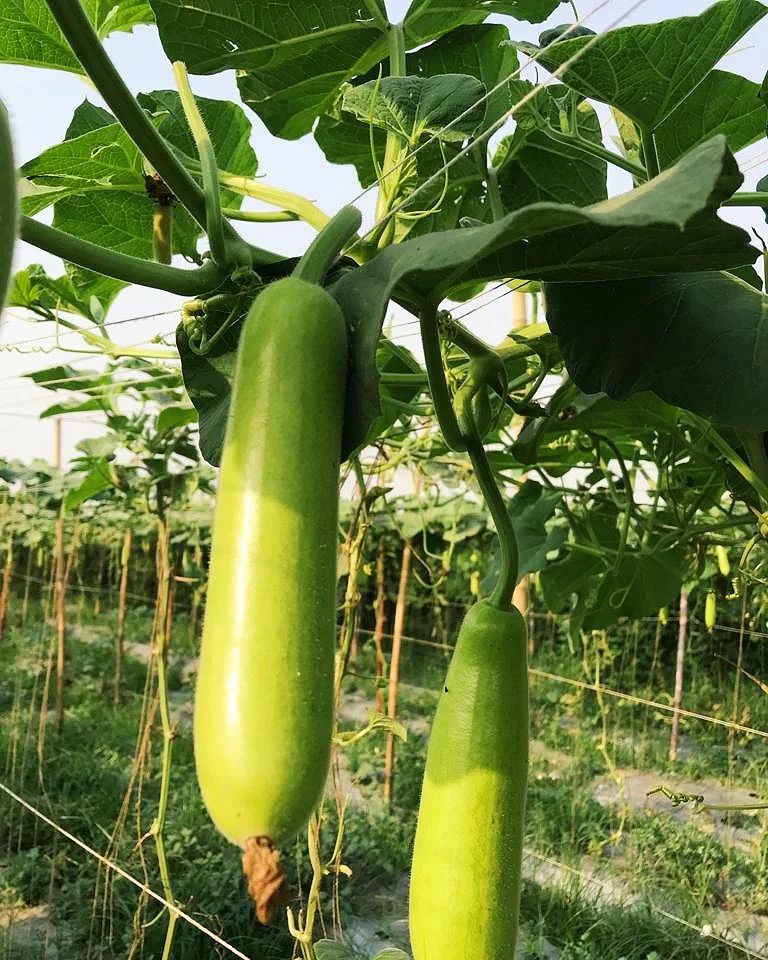India is a country that has been growing steadily in the world economy. In fact, it is one of the fastest-growing economies in the world today. This growth has come about because of its strong manufacturing sector, which includes a wide range of products and services. One of these products is organic food, which has become increasingly popular in recent years.
The demand for organic foods in India has been growing at a rapid rate and will continue to do so in the future as more and more people become aware of their health benefits and how they can improve their quality of life by eating healthy foods. In order to meet this demand, there are many Indian companies who are making it their business to export organic products from India to foreign markets around the world such as Europe, Asia Pacific countries like China and Japan etc… They have done this by setting up factories outside India so that they can produce more efficiently and produce more high-quality products at lower costs than ever before possible before…
India is a country with a long history of organic farming and production. The country has a rich biodiversity of plant resources that can be used to produce high quality organic products. However, the government has not been able to provide proper support for the export of these products to other countries. The government has a plan to develop indigenous organic products for export, but it does not have the necessary infrastructure or manpower to carry out this plan successfully.
India is one of the largest producers of organic products in the world. The country is home to more than 500 organic farms, which are responsible for over 30% of all organic food production in the country. In addition to supplying organic produce and other agricultural goods to domestic consumers, India exports organic products around the world.
In fact, India is currently one of the top three exporters of organic products in the world. India’s top export markets for organic goods include South Africa, Saudi Arabia, Japan and Taiwan. India is one of the largest producers of organic products in the world. The country is home to some of the best, most respected farmers and produces many different types of organic goods that can be exported worldwide.
India has a long history of producing organic food. For example, the traditional Gujarati cuisine includes some types of vegetables and fruits that are grown using sustainable practices. In addition to this, India has also been cultivating its own varieties of crops such as basmati rice, black pepper, and cardamom for thousands of years. The government has taken steps to encourage more farmers to grow organically by providing them with subsidies for crop production and increasing their minimum wage.
In addition to this, there are laws which stipulate that all farming must be done sustainably with no use of pesticides or other toxic chemicals on any part of the land (except for certified organic farms). The biggest reason why India is such an important source of organic goods is because it has a large population with a high demand for healthy food options that do not contain chemical additives or preservatives.
A large percentage of Indians eat vegetarian meals every day which means they need access to cheap but high-quality fruits and vegetables which cannot be grown anywhere else in Asia due. India is a leading producer of organic products. It is estimated that the country produced 1,800 tons of organic agricultural products in 2016, representing a growth rate of 3.3% in comparison to 2015 (Indian Organic Trade Federation, 2017).
This growth is expected to continue over the next decade. The Indian government has been supporting the growth of India’s organic sector since the 1990s. In 1991, it passed a law requiring all food products sold in stores to be certified as “organic. This certification requires producers to meet certain standards regarding their environmental practices and animal welfare. The law also requires that all food products must be labeled with the term “organic” if they contain more than 5% organic content by weight (Indian Organic Trade Federation, 2017).
The Indian government has continued to support this sector through funding and policy initiatives. In 2016 alone, it allocated $2 million for research on sustainable agriculture practices at universities across India (Indian Organic Trade Federation, 2017). Furthering this commitment is its recent decision to establish an agency dedicated solely to promoting organic production—the first such agency in Asia (Indian Organic Trade Federation, 2017).
Farmus is committed and keenly dedicated to make food available to the final consumer in its truest form, fresh and chemical free. They are one of the best organic food brands in India. We take pride in providing the healthiest, farm fresh and organic food to our customers.




